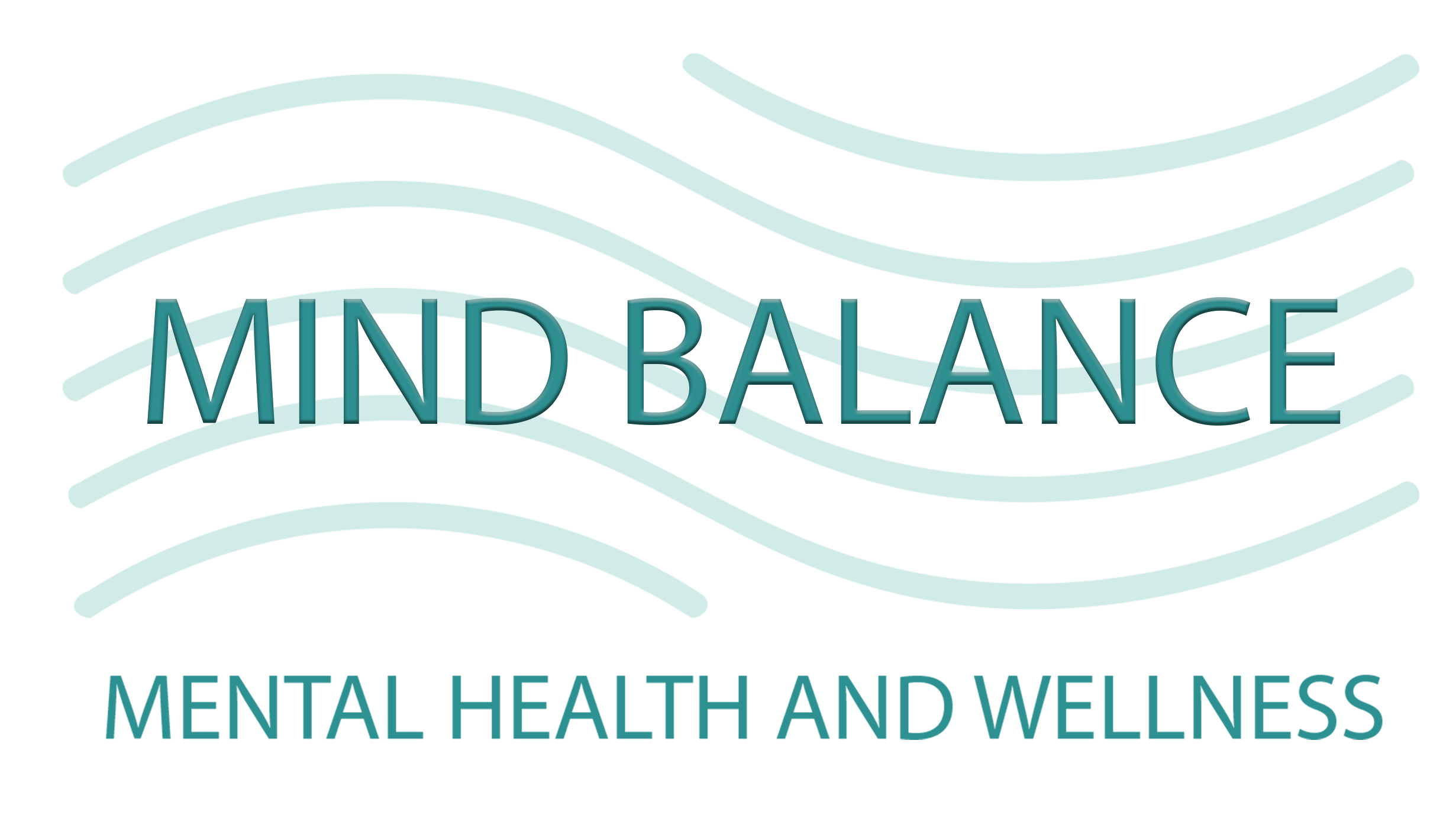Getting a Grip on Bipolar Disorder Treatment
When dealing with bipolar disorder treatment, it’s vital to grasp how bipolar meds work and how they might affect you differently than others.
How Bipolar Meds Work
Bipolar meds are like the unsung heroes in managing the ups and downs of the disorder. They help keep your mood steady, stop those wild mood swings, and generally make life a bit more manageable. But, let’s be real—these meds can come with some baggage. Side effects can range from mildly annoying to downright unbearable, depending on what you’re taking.
Common side effects? Think stomach issues, packing on a few pounds, and feeling like you could nap all day. But remember, everyone’s different. What bugs one person might not bother another. So, if something feels off, chat with your doc. They’re there to help you navigate this stuff.
If you hit any serious side effects, stop the meds and call your doctor ASAP. Less serious side effects might chill out over time, but keep your doc in the loop. They might want to run some tests to make sure everything’s still working right, like checking your liver or blood counts.
Everyone’s Different
Doctors have a pretty good idea of how these meds work for most folks, but your experience might be a whole different ball game. What’s a miracle drug for one person might be a nightmare for another. If your meds are making you feel worse or the side effects are too much, tell your doctor. There are other options out there.
Sometimes, if one med is giving you grief, your doc might add another to balance things out. But if that doesn’t cut it, you might need to switch things up entirely. The key is to work closely with your doctor to find what works best for you.
Understanding how bipolar meds affect you and knowing that everyone’s experience is unique is crucial. Keep the lines of communication open with your doctor to make sure your treatment fits you like a glove, maximizing the good stuff and minimizing the bad.
Handling Bipolar Meds Side-Effects
Treating bipolar disorder often means taking meds to keep things steady. But, like any meds, they can come with some side-effects. Managing these side-effects is key to feeling good and sticking with your treatment. Let’s break down the difference between serious and less serious side-effects and why chatting with your doctor is super important.
Serious vs. Less Serious Side-Effects
First off, it’s good to know the difference between serious and less serious side-effects. Serious side-effects might mean you need to stop the meds right away, but only if your doctor says so. These could be things like bad allergic reactions, big changes in liver function, or issues with your blood cells. Some meds can even cause rare but nasty skin reactions, like DRESS syndrome (WebMD).
Less serious side-effects are usually milder and might get better over time. Think weight gain, feeling sleepy, dry mouth, or a bit of stomach trouble. These might be annoying, but they’re not usually dangerous. Still, it’s a good idea to talk to your doctor about them to see what can be done.
Talking with Your Doctor
Keeping it real with your doctor is super important when dealing with side-effects. If you notice any side-effects, serious or not, let your doctor know ASAP. They can figure out how bad it is and what to do next.
Sometimes, your doctor might tweak your dose or add another med to help with the side-effects. They might also give you tips on lifestyle changes that can help. For example, regular exercise, cutting down on caffeine, avoiding booze and drugs, and drinking plenty of water can make a big difference.
If the side-effects stick around and mess with your life, your doctor might switch you to a different med or look into other treatments. It’s all about finding what works best for you with the least hassle.
Remember, your doctor is there to help you out and make sure your treatment fits you just right. By keeping the conversation going and being an active part of your treatment, you can handle the side-effects of bipolar meds and feel your best.
Exploring Treatment Options
Dealing with bipolar disorder can feel like a rollercoaster, but finding the right treatment can make a world of difference. Let’s break down two main ways to tackle this: tweaking your meds and trying out some alternative treatments.
Medication Adjustment Strategies
Medications are often the frontline defense against bipolar disorder. But let’s be real, what works wonders for one person might be a nightmare for another. If your meds are making you feel worse or giving you nasty side effects, don’t just grin and bear it. Talk to your doctor. They might tweak your dosage or add another med to balance things out. Sometimes, it’s a bit of trial and error to get it just right.
If the side effects are still driving you up the wall, it might be time to switch things up. Your doctor can help you find a different medication that suits you better.
Alternative Treatments Consideration
Sometimes, you need more than just meds to keep things in check. Alternative treatments can be a great addition to your routine. Just remember, these should complement your meds, not replace them.
Lifestyle changes can make a big difference. Eating right and staying active can boost your mood and overall health. Think of it as giving your body the fuel it needs to fight back.
Managing stress is another biggie. Techniques like mindfulness, meditation, and relaxation exercises can help keep stress from taking over. Find what works for you—whether it’s yoga, deep breathing, or just taking a walk in the park.
Always keep your healthcare professional in the loop. They can tailor recommendations to fit your unique situation. By adjusting your meds and exploring alternative treatments, you can find a plan that works best for you.
Why Early Action Matters
Catching bipolar disorder early can make a world of difference. Spotting the signs in young adults and getting help fast can lead to better long-term outcomes. Let’s break down what to look for and why acting quickly is so important.
Spotting the Signs in Young Adults
Knowing what to look for can be a game-changer. Here are some common signs of bipolar disorder in young adults:
- Mood swings that seem to come out of nowhere
- Bursts of energy
- Thoughts racing like a runaway train
- Talking faster than usual
- Feeling extra frisky
- Trouble focusing
- Feeling drained
- Losing interest in things they used to love
- Feeling down on themselves
- Sleeping way too much
These symptoms, especially when they come in waves of high energy (hypomania) or deep lows (depression), might point to bipolar disorder. The DSM-5 says that to diagnose bipolar disorder, you need to see hypomanic symptoms for at least four days and depressive symptoms for two weeks or more (Psychology Today).
Getting Help Fast
Once you spot these signs, don’t wait. Talk to a healthcare professional right away. Delaying treatment can make things worse, like making it harder to stick to healthy habits, take meds as prescribed, or manage symptoms. It can also mess with the long-term outlook of the illness (Psychology Today).
Getting help early means you can get a proper diagnosis and start a treatment plan that works. It also helps you figure out how to handle the ups and downs of bipolar disorder. Plus, it supports making lifestyle changes and finding the right resources and support systems.
If you think you or someone you know might have bipolar disorder, reach out to a healthcare professional for a full check-up. Early action is key to managing bipolar disorder and boosting mental health.
For more info on bipolar disorder treatment and other mental health services, check out our article on mental health services.
Holistic Approaches to Managing Bipolar Disorder
Managing bipolar disorder isn’t just about popping pills. A holistic approach can work wonders alongside medical treatment. Let’s break down two key areas: lifestyle tweaks and stress-busting techniques.
Lifestyle Tweaks
Small changes can make a big difference. Here’s what you can do:
- Stick to a Routine: Keeping a regular schedule can help keep your mood in check. Messing up your sleep—whether you’re not getting enough or sleeping too much—can trigger mood swings. Aim for a consistent sleep schedule to help stabilize your mood. Chat with your doctor to set up a routine that works for you.
- Get Moving: Regular exercise, even something as simple as a daily walk, can boost your mood and improve sleep. Exercise releases endorphins, those feel-good chemicals that can help fight off depression. Before you start any new workout plan, check in with your doctor to find out what’s best for you (WebMD).
- Eat Right: What you eat can affect how you feel. A balanced diet full of fruits, veggies, lean proteins, and whole grains can help improve your mood. Try to cut back on fats, salt, and sugar. For a personalized eating plan, talk to a healthcare professional or dietitian.
Stress-Busting Techniques
Stress can mess with your mood big time. Here’s how to keep it in check:
- Yoga and Meditation: These practices can help you chill out and feel better overall. They focus on mindfulness, which can help manage anxiety and mood swings. Adding yoga or meditation to your daily routine might help you feel more balanced (WebMD).
- Find Your Chill Zone: Doing things you enjoy can help you relax. Whether it’s listening to music, diving into a hobby, spending time outside, or practicing deep breathing, find what works for you to reduce anxiety and feel calmer.
- Build Your Tribe: Surround yourself with supportive people. Sharing your feelings with friends or family can help ease stress. Support groups or professional counseling can also offer a safe space to talk about what you’re going through and learn new coping strategies.
Combining these holistic approaches with medical treatment can give you a well-rounded plan for managing bipolar disorder. Remember, everyone’s journey is different, and finding what works for you might take some trial and error. Always consult with your healthcare provider for advice tailored to your needs.
Integrative Treatment Approaches
Treating bipolar disorder isn’t a one-size-fits-all deal. Combining medication with therapy can really help manage symptoms and boost overall well-being. Two therapy approaches that stand out are Cognitive Behavioral Therapy (CBT) and Family-Focused Therapy (FFT).
Cognitive Behavioral Therapy (CBT)
CBT is like the MVP of therapies for bipolar disorder. It’s got a solid track record for helping folks manage their symptoms (Healthline). The idea is to spot and challenge those pesky negative thoughts and behaviors, swapping them out for healthier habits.
With CBT, you work with a therapist to get a handle on your thoughts, feelings, and actions. You’ll learn to spot triggers, pick up coping skills, and set up routines that keep you steady. This therapy can make a big difference in your mental and social life, cutting down on depressive and manic episodes, and even lowering the risk of relapse.
Family-Focused Therapy (FFT)
FFT is another solid option, especially if your family tends to get a bit heated. This therapy mixes mood-stabilizing meds with family involvement.
The main goal? Better communication and problem-solving within the family. By getting everyone on the same page, FFT aims to shorten and lessen mood episodes. It creates a supportive home environment, which can help reduce relapse rates and improve overall functioning (Healthline).
The Impact of Therapy on Bipolar Disorder
Therapy, whether it’s CBT, FFT, or another type, can be a game-changer for managing bipolar disorder. It gives you the tools to handle symptoms and improve your quality of life.
Research shows therapy can dial down the intensity of symptoms, boost social well-being, and help with emotional management. Working with a therapist, you can develop personalized coping strategies, dig into underlying issues, and get a better grip on your condition.
Everyone’s different, so what works for one person might not work for another. It’s crucial to team up with a mental health pro to find the best therapy for you. Adding therapy to your treatment plan can offer extra support and guidance as you tackle the ups and downs of bipolar disorder. For more on other Charlotte bipolar disorder treatment options and why early intervention matters, check out the rest of this article.





